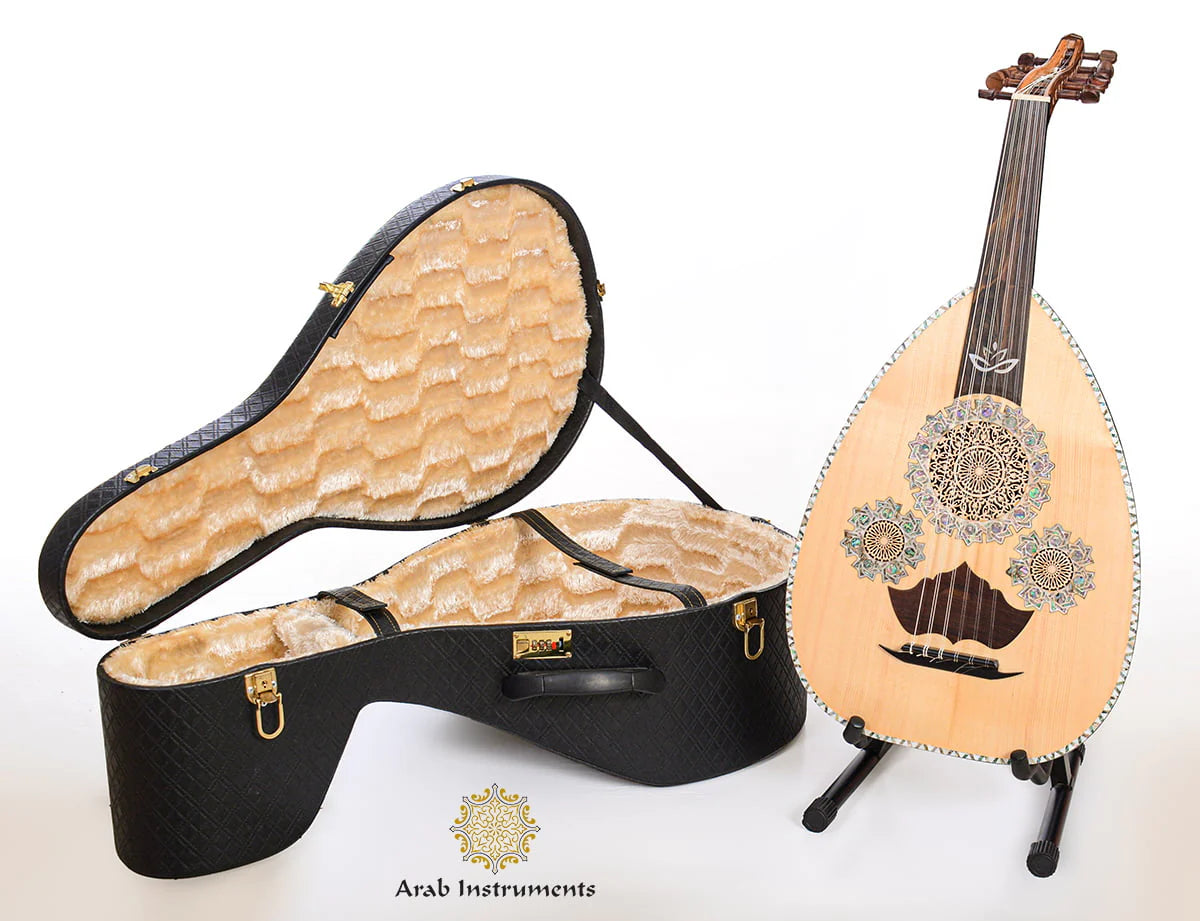
Why Egyptian ouds are so unique?
Introduction:
The world of musical instruments is vast and diverse, each culture contributing its own distinct sounds and styles. Among the treasures of musical heritage, the Egyptian oud stands out as a unique and captivating instrument. In this article, we'll delve into the reasons why Egyptian ouds are so extraordinary, exploring the history, craftsmanship, and cultural significance that make them a cherished part of the musical landscape.
Historical Roots:
The oud has a rich history that spans centuries, with origins in ancient Mesopotamia. However, it was in Egypt that the oud underwent significant evolution and refinement. Egyptian ouds are deeply rooted in the country's cultural and historical tapestry, carrying the echoes of ancient civilizations and the influences of various musical traditions.
Craftsmanship:
One key factor contributing to the uniqueness of Egyptian ouds is the meticulous craftsmanship involved in their creation. Master luthiers, or oud makers, in Egypt are renowned for their skillful hands and deep understanding of the instrument. These artisans carefully select the finest woods, such as walnut, rosewood, or mahogany, to craft the body of the oud, ensuring optimal resonance and tonal quality.
The distinctive pear-shaped body and the intricately designed soundholes contribute to the oud's unique sound. The use of high-quality materials and the craftsmanship passed down through generations result in instruments that not only look stunning but also produce a warm and rich timbre.
Sound Signature:
The sound of an Egyptian oud is characterized by its soulful and expressive nature. The instrument has a unique ability to convey a wide range of emotions, from melancholy to joy, making it a versatile choice for musicians across genres. The resonant, earthy tones produced by the strings of the oud create an atmosphere that transports listeners to the heart of Middle Eastern music.
Cultural Significance:
Beyond its musical prowess, the Egyptian oud holds immense cultural significance. It is deeply intertwined with Egyptian traditions and has become a symbol of cultural identity. Oud music plays a vital role in various ceremonies, celebrations, and gatherings, showcasing its enduring importance in Egyptian society.
Global Impact:
While the oud has its roots in the Middle East, it has found a global audience in recent years, captivating musicians and enthusiasts worldwide. Egyptian ouds, with their distinct characteristics, have played a crucial role in popularizing this ancient instrument on the international stage.
Conclusion:
The allure of the Egyptian oud lies not only in its enchanting sound but also in the rich history and craftsmanship that define it. As we celebrate the diversity of musical instruments around the world, the Egyptian oud stands as a testament to the enduring beauty and cultural resonance of traditional music. Whether in the hands of a seasoned musician or an aspiring enthusiast, the Egyptian oud continues to weave its magical melodies, bridging the past and the present in a harmonious celebration of cultural heritage.










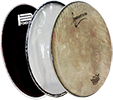


















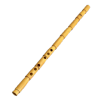



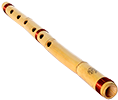
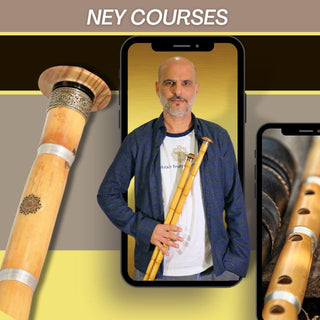






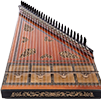
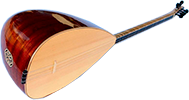









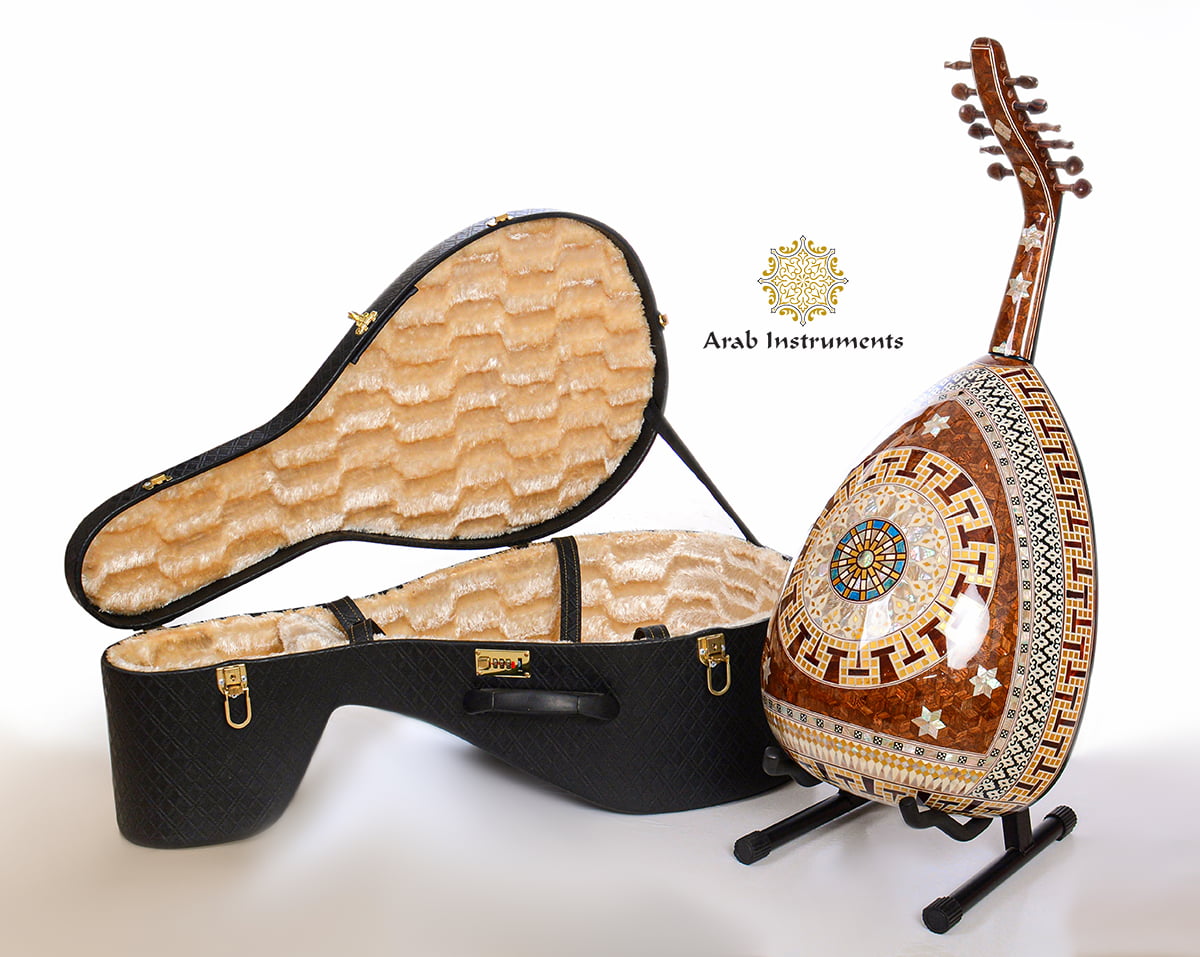
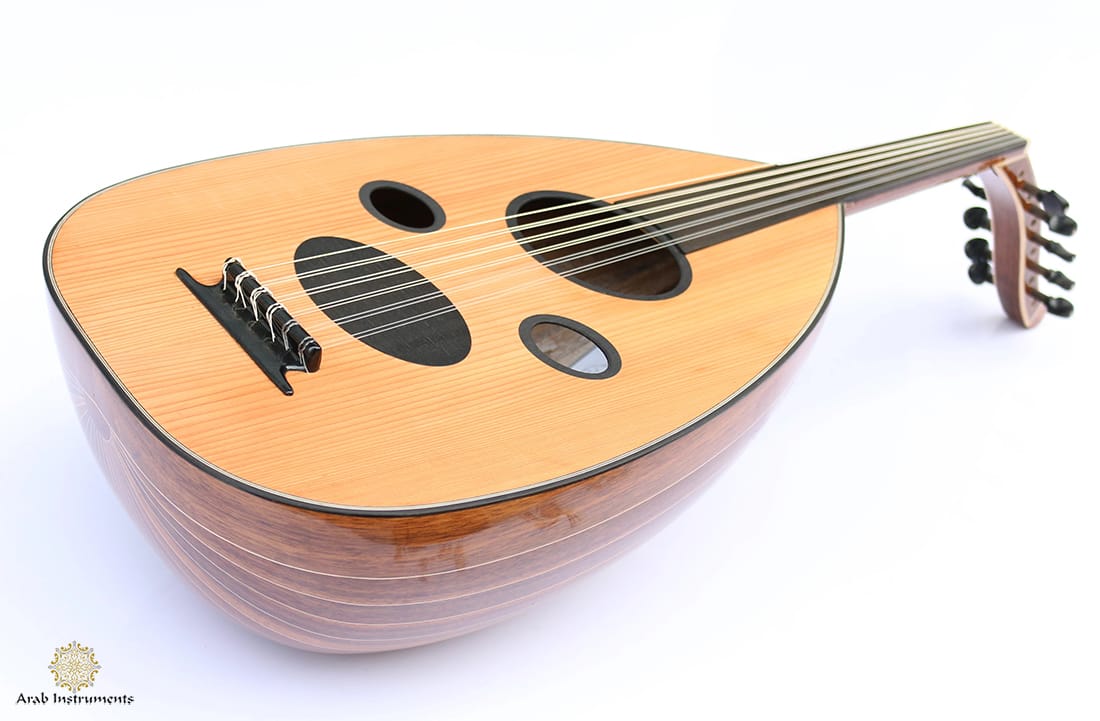
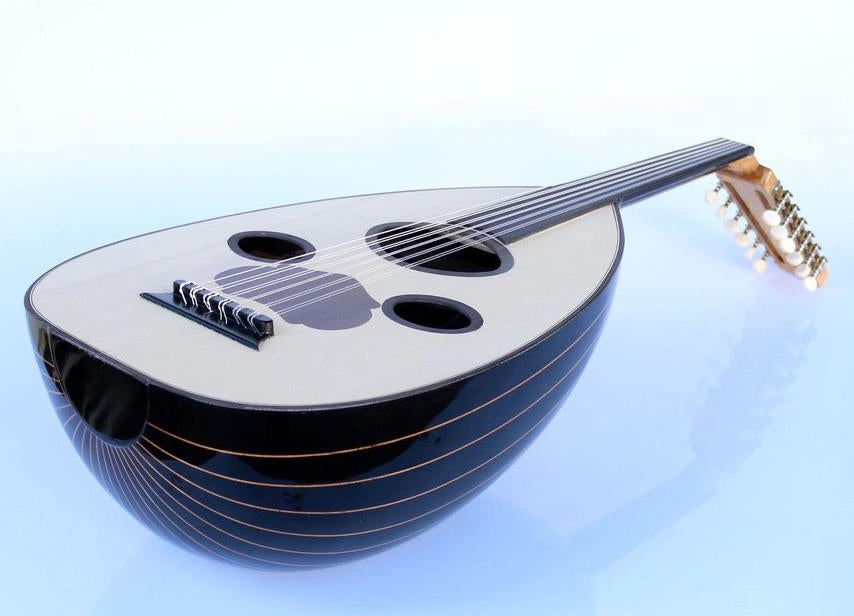
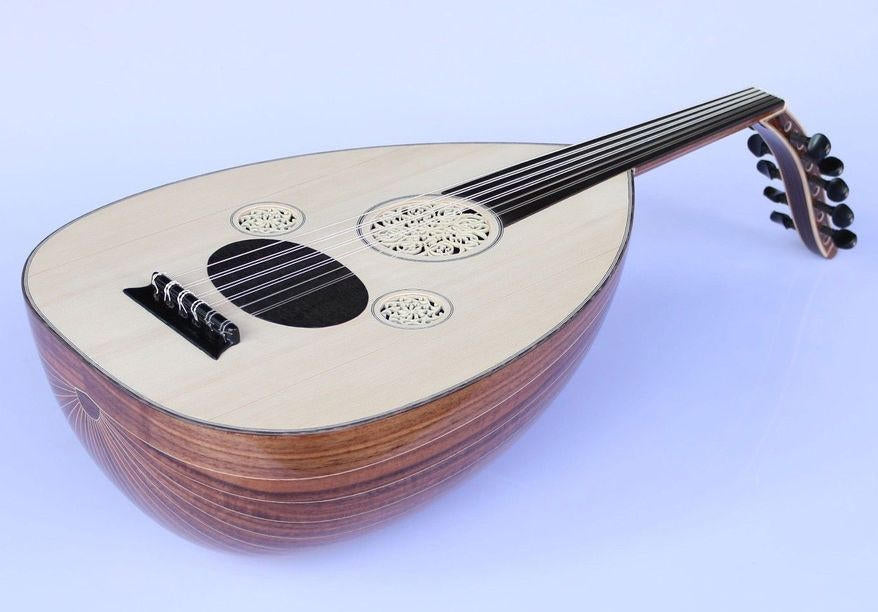
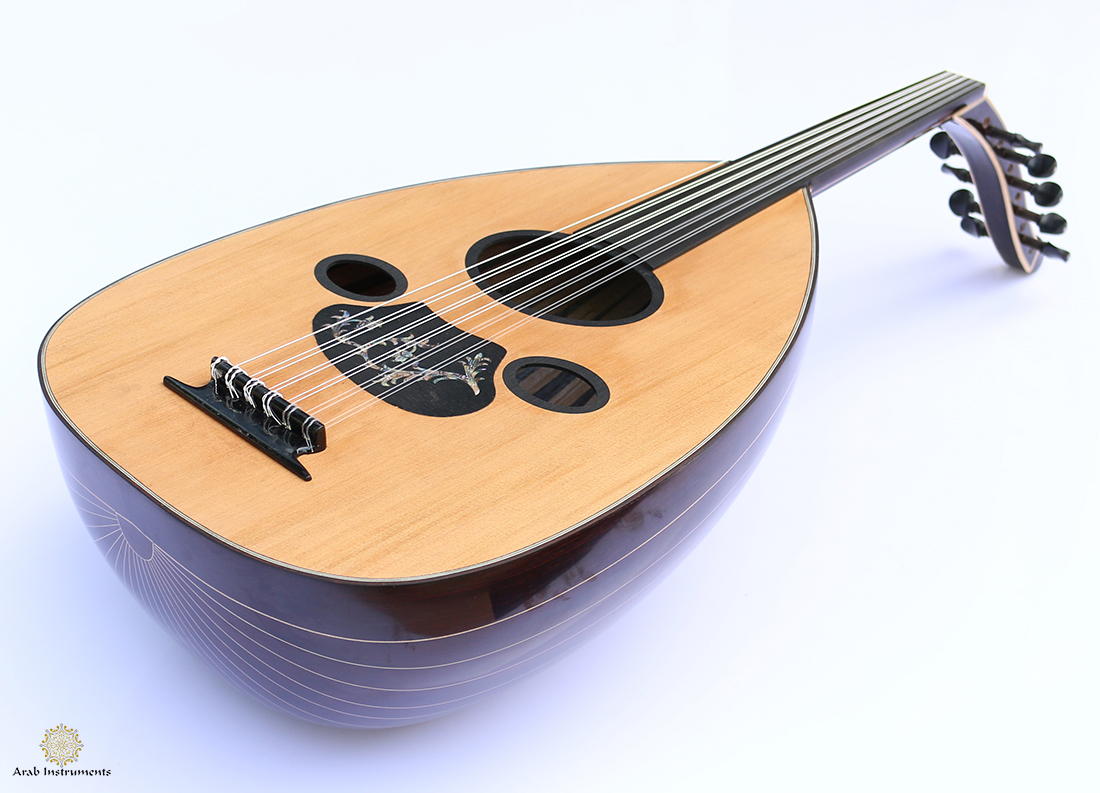
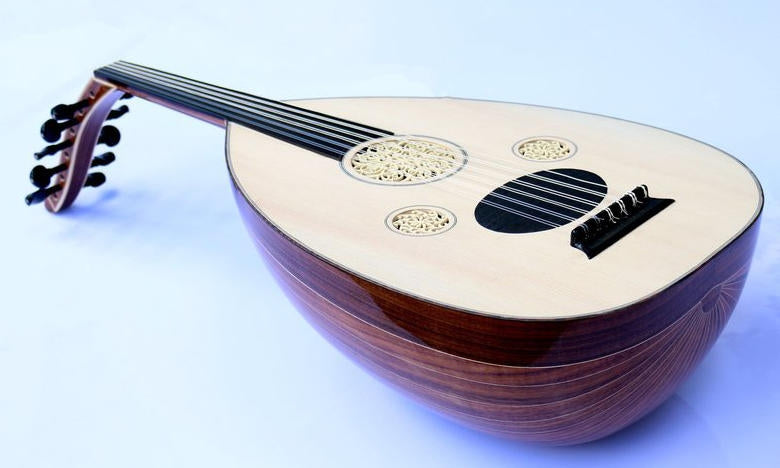
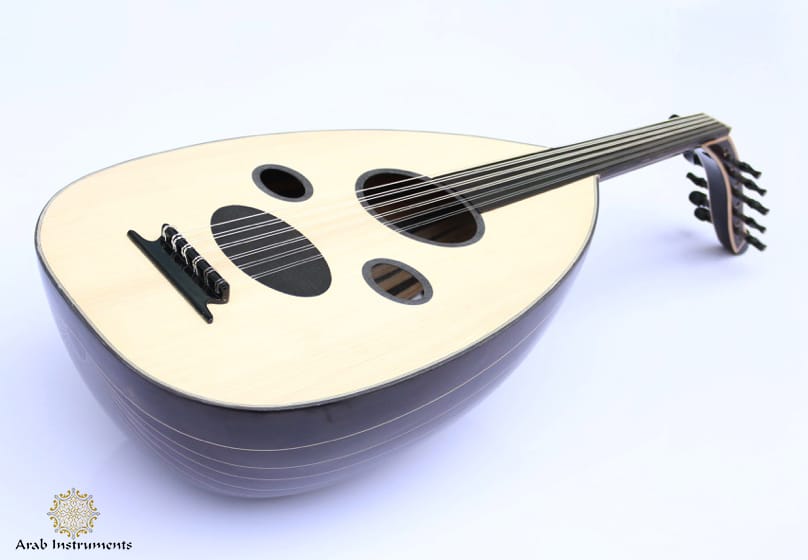

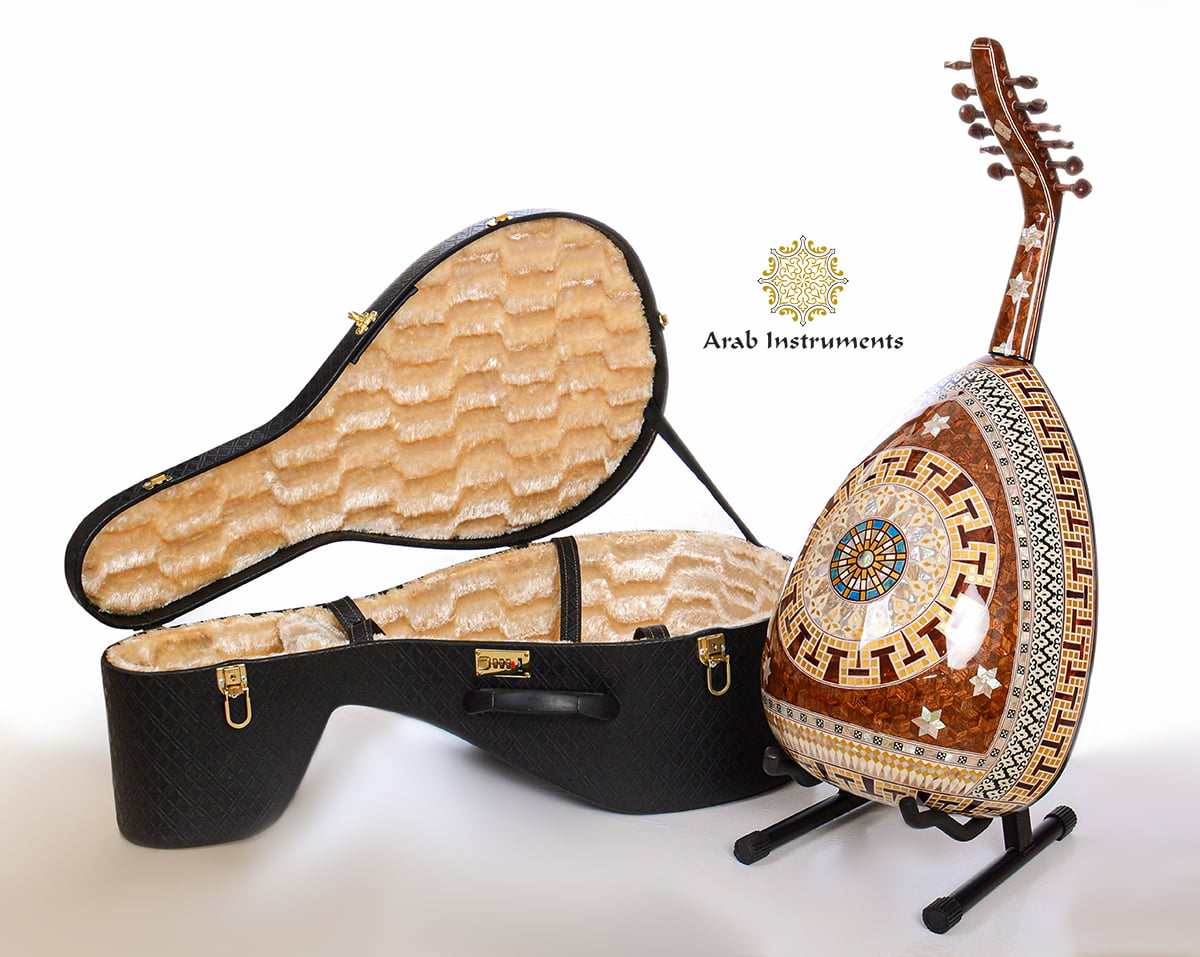
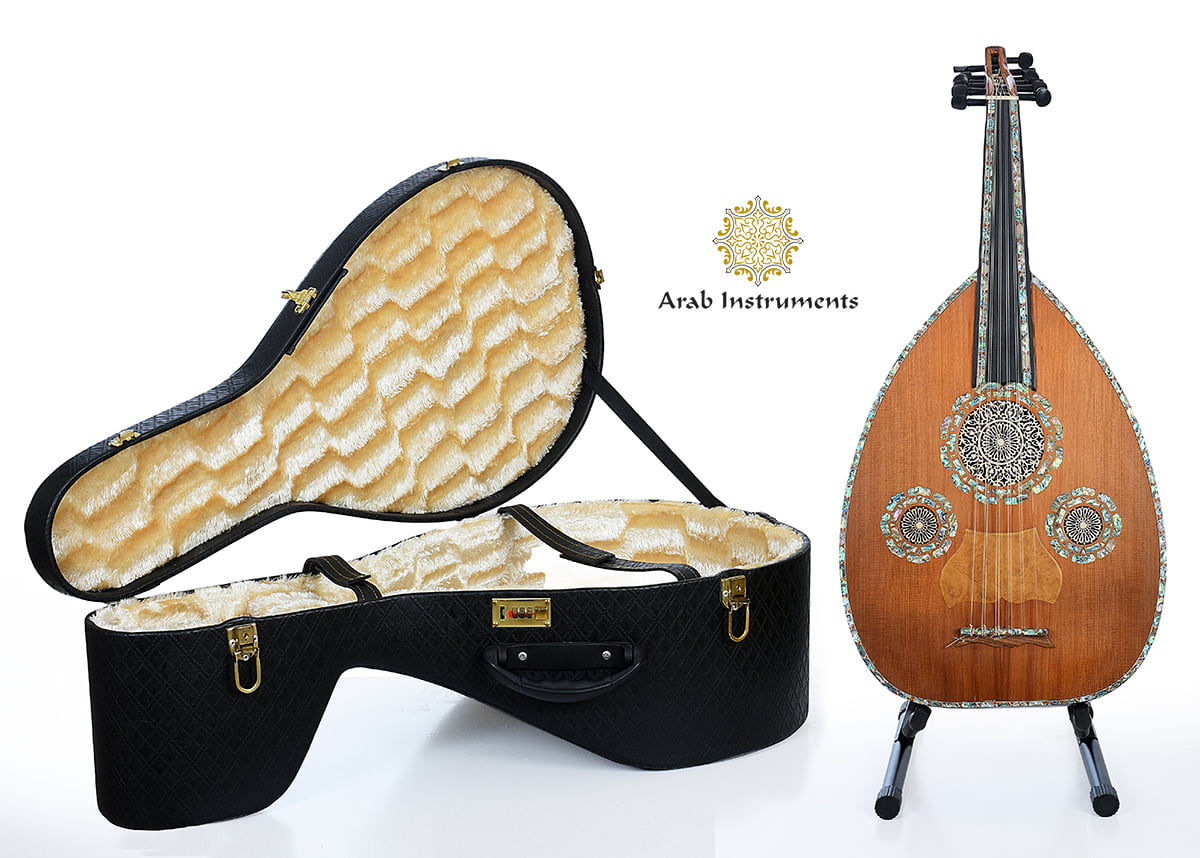
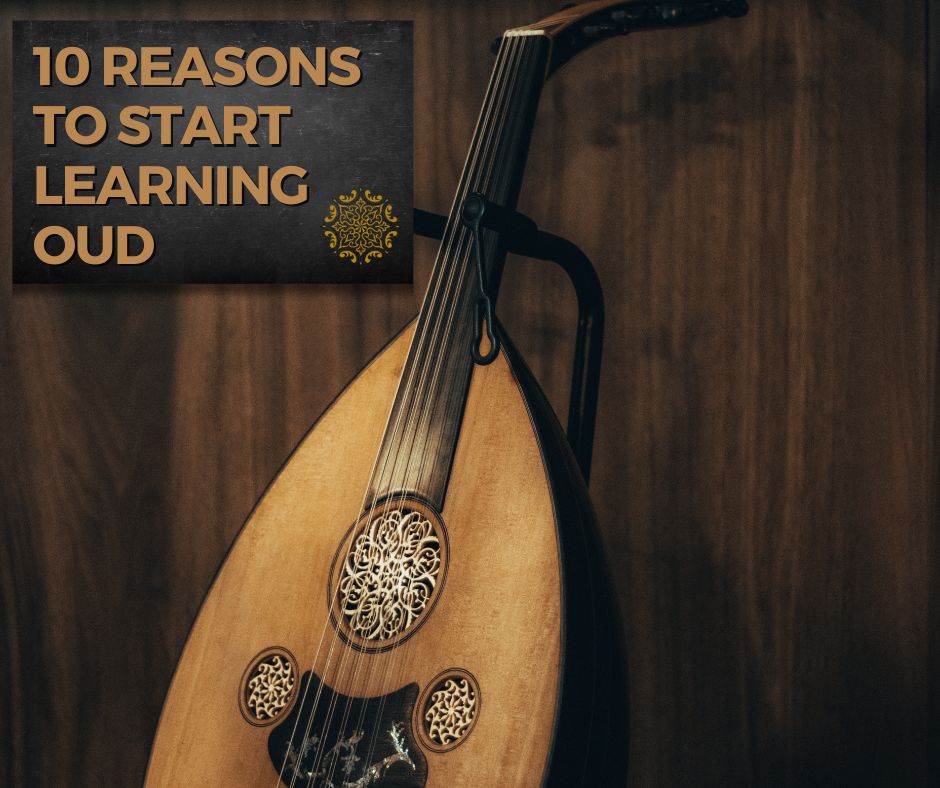

Leave a comment
This site is protected by hCaptcha and the hCaptcha Privacy Policy and Terms of Service apply.